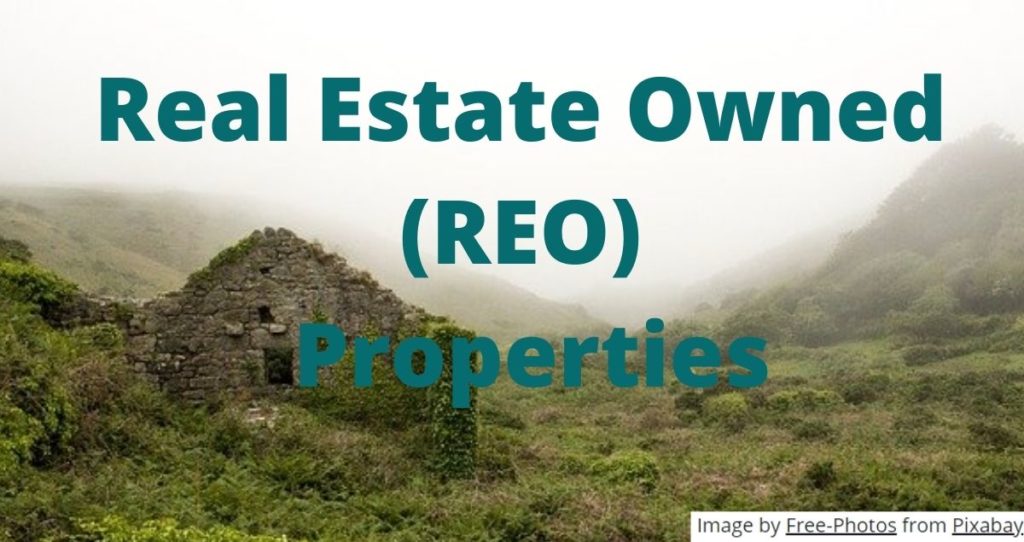What is a real estate owned property?
A real estate owned is a property owned by a debtor (lender) because the lender was not able to sell it at a foreclosure auction, according to Investopedia. Moneylenders can be government institutions, credit unions, banks, etc.
When a property buyer seeks a loan, he/she must pay it back together with the interest and associated charges. For example, a person who buys a house gets a mortgage from a bank or other lenders and puts down a down payment usually 20% for a conventional mortgage. The owner pays off monthly payments until the mortgage is fully paid off including interests and related charges.
What happens when a home owner fails to pay off a mortgage?
There are times when the borrower cannot pay off the loan or mortgage. A loss of a job can be a primary cause of falling behind on mortgage payments.
When the borrower cannot pay off a mortgage, the lender will work with the borrower to see if the foreclosure can be avoided. This is because the foreclosure hurts both the borrower and the lender. The foreclosure will damage the credit history of the borrower and his/her credit score can tank more than 100 points. At the same time, it will take a long time for the lender to find buyers and there is no guarantee that the sale will cover the mortgage balance.
One way to avoid foreclosures is the put the property on the market through what is called a short sale. Basically, the lender allows the borrower to sell the property at the highest possible price and pay the remaining mortgage balance from the sale at once.
The lender can accept or deny the offer if it does not align with its interest. If the property is not sold through the short sale process, the lender will take the property from the owner through a foreclosure.
What happens after a foreclosure?
After a foreclosure, the REO specialists from the lender will put the property on their portfolio. The lender can then sell the property through a foreclosure auction, sell it on its own, or use a real estate agent.
At the foreclosure, the lender will ask for money that will cover at least the mortgage balance. Unfortunately, there are times when the property cannot be sold through an auction. So, the lender will sell it using a real estate agent or on its own website as a real estate owned property.
Benefits of buying real estate owned properties
Since lenders are not in the business of selling properties, they tend to sell their properties at cheap prices. Investors and homebuyers with high interests in bargaining can win good properties.
As a buyer, you must be aware that these properties come as-is. In order words, what you see is what you get. For this reason, you must do your homework and make an offer that will save you money in case the property has hidden effects.
Disadvantages of buying REO properties
The following are some of the disadvantages of buying REO properties.
- The property can have a lot of hidden defects that can cost a lot of money on renovations
- The process of buying an REO can take a much longer time than normal sales
- It is sometimes difficult to negotiate the price since you are dealing with institutions that have no emotions









